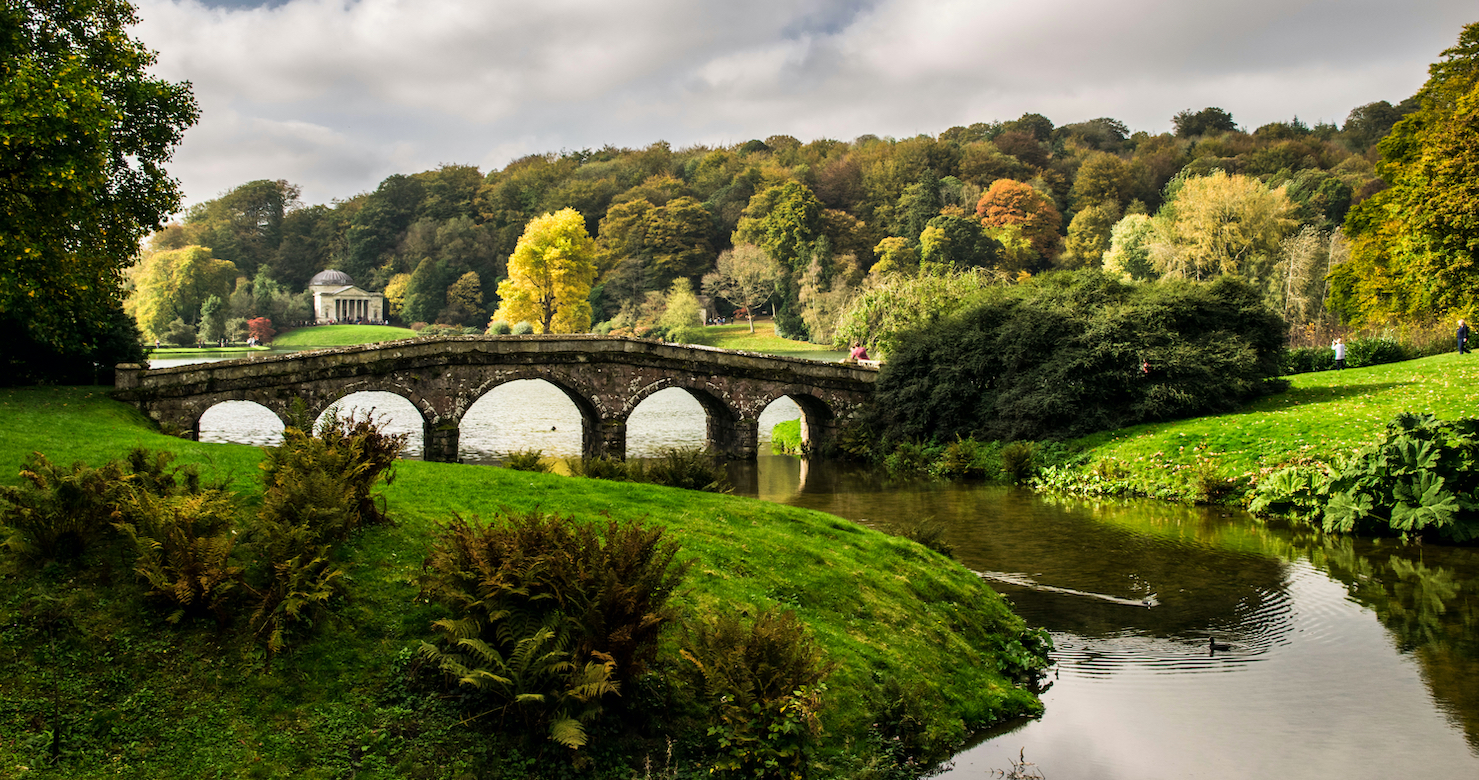This website uses cookies so that we can provide you with the best user experience possible. Cookie information is stored in your browser and performs functions such as recognising you when you return to our website and helping our team to understand which sections of the website you find most interesting and useful.
Column: The National trust’s Ben McCarthy tells us about his plans for the UK’s green spaces – and why it’s time to give the natural world its true value
By Ben McCarthy | 20 February 2021 | Culture
Celebrate World Wildlife Day on 3 March by exploring the UK’s green spaces

Ben McCarthy is the head of nature conservation and restoration ecology at the National Trust. Here, he tells Tempus about his work restoring the UK's natural resilience and expanding our green spaces.
Nature is in freefall. The stark reality is that our living planet is going through a period of mass extinction, from the human destruction of the Amazon Rainforest to the climate crisis magnifying the pressures on our natural environment. When you realise the impact of these events it can truly draw you up short.
On a global level, habitat loss, climate change and other issues such as atmospheric pollution are putting biodiversity under increasing stress and, as the Covid-19 pandemic illustrates, directly undermines our very own wellbeing.
The problem is clearly set out in the recently published review of the economics of biodiversity, wirtten by the eminent economist Prof Sir Partha Gasuptda. The report, commissioned by HM Treasury, concludes that by not accounting for the depletion of nature, we have failed to recognise that we are running down the very natural capital that is crucial for our long-term prosperity. Our living planet, and the ecosystems
that drives it, provide us with public goods and services – everything from clean air, fresh water and beautiful landscapes – that sustain society. Yet, our demands on this natural capital have outstripped its capacity to supply them.
The publication is timely, as the Government prepares to host the UN’s COP26 Climate Change talks and gears up to new international biodiversity commitments. Working alongside other NGOs, business partners and our land managers, we are keen to demonstrate what can be done to reverse these declines and rebuild our natural capital.
The National Trust is the largest conservation charity in Europe, and the custodian of more than 250,000 hectares of land, including 780 miles of coastline across the UK – including the Jurassic Coast and White Cliffs of Dover – as well as more than 500 historic houses, castles, gardens and parks.
As head of nature conservation and restoration ecology at the National Trust, I’m privileged to be working to help translate our ambition to restore nature into practical on the ground action that delivers public benefits through nature’s recovery and nature-based solutions to the climate crisis.
Our work is coming into sharp focus as we respond to the overwhelming desire for people to get out and get close to nature following lockdown, and as we face into the very real day- to-day challenges that climate change brings to the management of our important estate.
We are committed to improving the condition of our important habitats that support internationally significant wildlife, such as our breeding sea birds on the east coast of England, or rare and threatened plants and fungi in the Atlantic Woodlands of Wales. We are also committed to increasing the area of wildlife habitat, because having better and bigger wildlife habitat is the best way to reverse the declines of biodiversity, as well as supporting wildlife move across the landscape in response to climate change. By restoring natural habitats we are securing a range of public benefits such as our flood plain restoration, which reduces flood risk and
Natural beauty: The Palladian Bridge, Stourhead Garden (right); Ben McCarthy (inset)
supports threatened species such as the evocative Curlew thrive on these culturally rich landscapes.
Through changes to our land management and working with our tenants and partners alike we aim to deliver greater public benefit. For example, by creating and restoring bigger areas that are rich in wildflowers, we are supporting pollinators like bumblebees, moths and beetles and securing the public benefit such pollinators provide, estimated to be £500,000 each year.
As the UK enters into a new era beyond the European Union, there is huge opportunity for our government to develop a world beating environment that rewards farmers and land managers for the public benefit they deliver. We know the public is calling out for a reverse in the decline of wildlife and opportunities to get out and enjoy nature – the very same drivers that established the National Trust 125 years ago – for the restorative power of nature.
The National Trust is determined to aid nature’s recovery and on track to being a net zero carbon organisation by 2030. Be it restored peatlands locking away their carbon soils or floodplain meadows reducing flood risk, we are committed to playing our part and ensuring we deliver for nature and people. We hope you'll come and see for yourself and lend your support for nature’s recovery.







